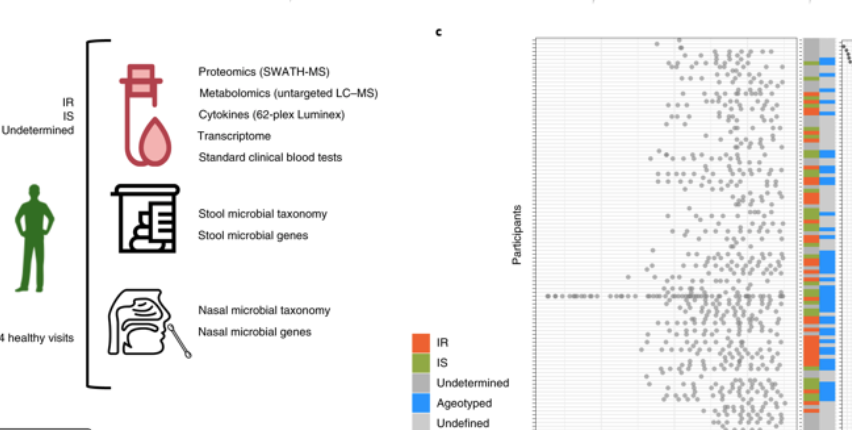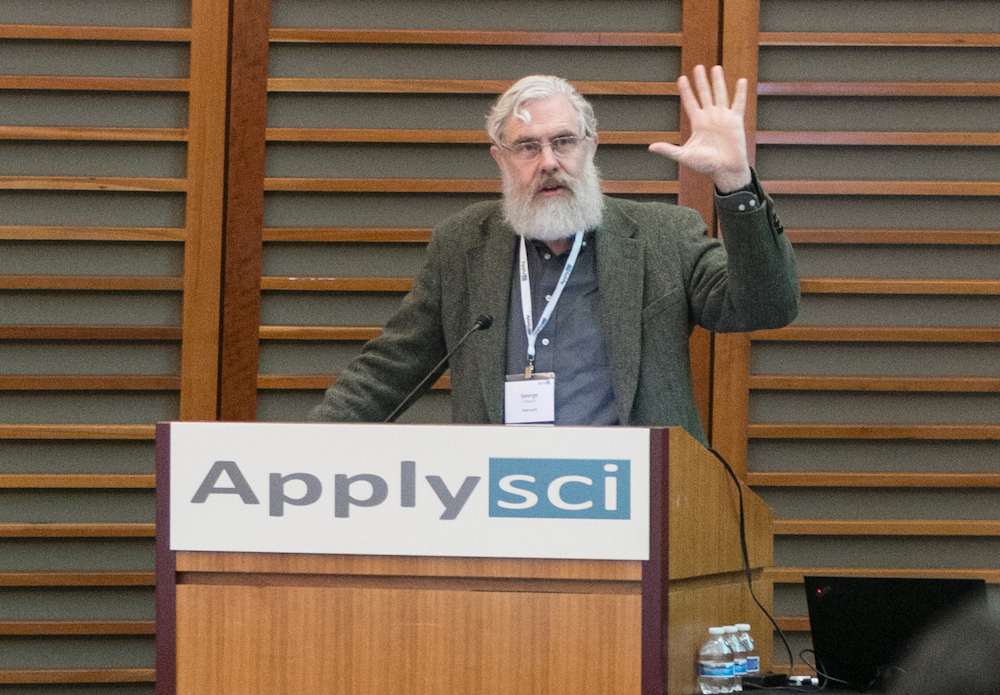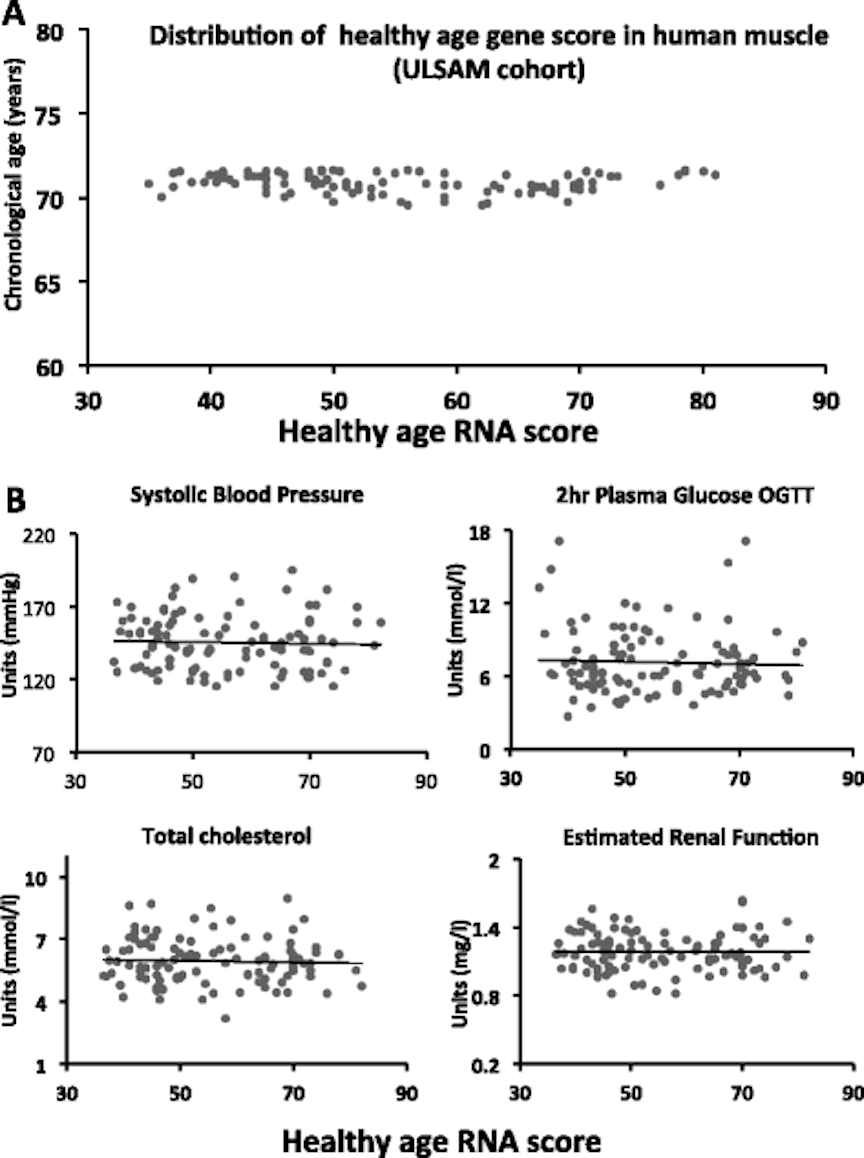Category: Longevity
-

Genetic “Ageotypes” predict health as we age
Stanford’s Michael Snyder has categorized how humans age into different classes called “ageotypes”: metabolic, immune, hepatic and nephrotic. 43 healthy men and women between the ages of 34 and 68 were profiled, with extensive measurements of certain microbes and biological molecules, such as proteins, metabolites and lipids, taken at least five times over two years.…
-

George Church on reversing aging | ApplySci @ Harvard
George Church again keynoted the ApplySci Boston conference, this year at Harvard Medical School on November 14, 2019. Click to view his groundbreaking talk on reversing aging. Join ApplySci at the 13th Wearable Tech + Digital Health + Neurotech Silicon Valley conference on February 11-12, 2020 at Quadrus Sand Hill Road. Speakers include: Zhenan Bao, Stanford – Vinod…
-

Biological age blood test could identify dementia risk
King’s College London professor James Timmons has developed a gene signature blood test that he believes could be used to predict Alzheimer’s disease. His goal is early detection and preventative treatment. The test is the first to measure biological age. Researchers analyzed thousands of blood, brain and muscle samples to find 150 markers of gene activity associated with good…
-
Algorithm identified genes could be “turned off” for anti aging effect
http://www.cs.tau.ac.il/~ruppin/mta_aging.pdf Tel Aviv University Professor Eytan Ruppin‘s lab has developed an algorithm to predict which genes can be “turned off” to create the same anti-aging effect as calorie restriction. “Most algorithms try to find drug targets that kill cells to treat cancer or bacterial infections,” said Keren Yizhak, lead researcher. “Our algorithm is the first…
-
Protective genes vs lifestyle for longevity
http://ngm.nationalgeographic.com/2013/05/longevity/hall-text Scientists studying longevity have begun using powerful genomic technologies, basic molecular research, and, most important, data on small, genetically isolated communities of people to gain increased insight into the maladies of old age and how they might be avoided.